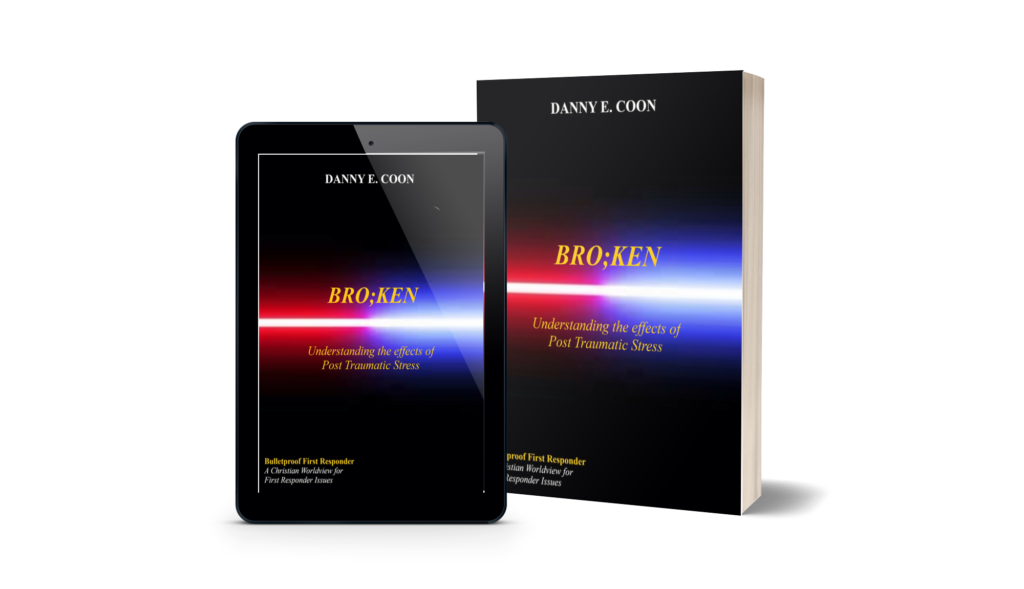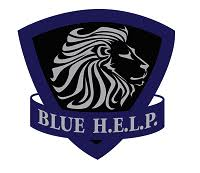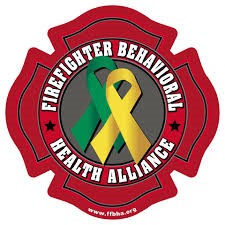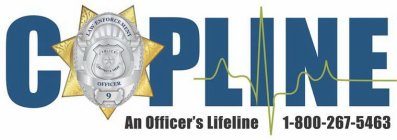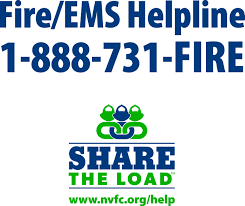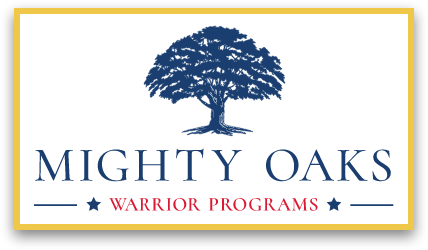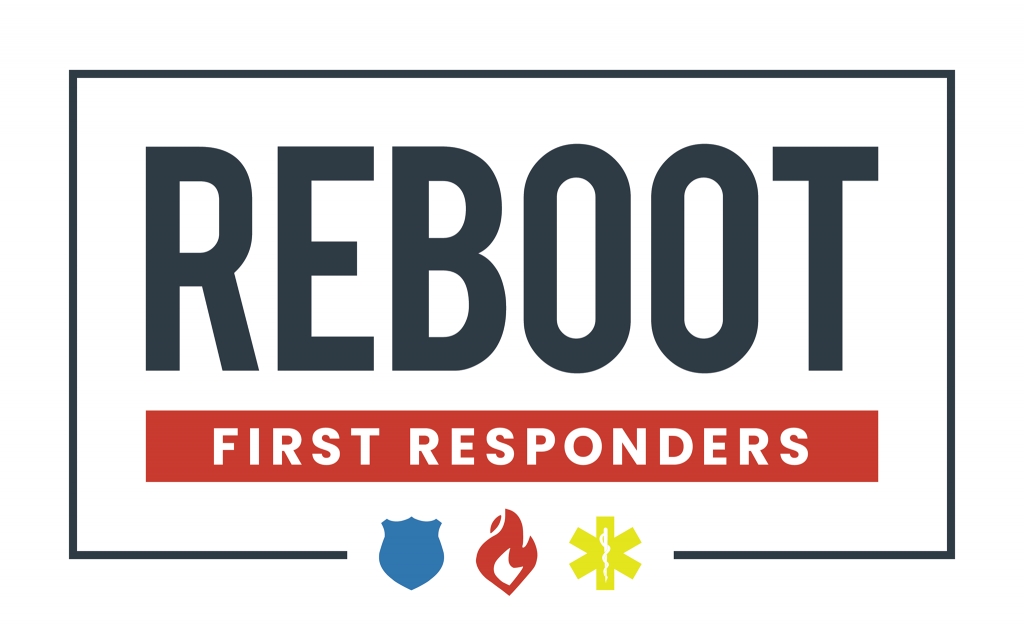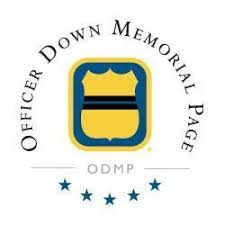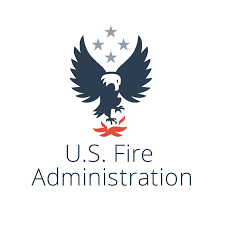Sleep Deprivation
What it is and Why it is Killing You
 Sleep is one of God’s greatest gifts, a time when our bodies can rejuvenate. Being a common problem in our modern society, the lack of sleep will affect many people within their lifetime. While mostly affecting those who work rotating shifts, it is a problem with the 2 million first responders in the United States. Equally affected are the thousands of health care professionals working in our nation’s hospitals.
Sleep is one of God’s greatest gifts, a time when our bodies can rejuvenate. Being a common problem in our modern society, the lack of sleep will affect many people within their lifetime. While mostly affecting those who work rotating shifts, it is a problem with the 2 million first responders in the United States. Equally affected are the thousands of health care professionals working in our nation’s hospitals.
In peace I will lie down and sleep,
for you alone, LORD, make me dwell in safety.
Psalm 4:8 NIV
According to the National Heart, Lung, and Blood Institute sleep deprivation can be defined as:[1]
A condition that occurs if you don’t get enough sleep. Sleep deficiency is a broader concept. It occurs if you have one or more of the following:
- You don’t get enough sleep (sleep deprivation)
- You sleep at the wrong time of day (that is, you’re out of sync with your body’s natural clock)
- You don’t sleep well or get all of the different types of sleep that your body needs
- You have a sleep disorder that prevents you from getting enough sleep or causes poor quality sleep
Created by a consistent lack of sleep or reduced quality of sleep, sleep deprivation puts a drain on your mental and physical abilities. Being a basic human need; like breathing, eating, and drinking; proper sleep is part of our foundation for good health. Sleep deprivation leads to loss of productivity, poor decision making, mental & physical health problems, anxiety, depression, paranoia, and a higher risk of death. A lack of sleep negatively affects your body weight and can lead to a higher risk of type 2 diabetes. Not sleeping enough keeps your blood vessels from healing, changing your blood pressure, and increasing your risk for cardiovascular disease. Sleep loss decreases hormone production, including growth hormones and testosterone in males.
 In a 2003 study by Harvard University and Brigham & Women’s Hospital in Boston, researchers found that lack of sleep causes the body to produce less melatonin, a hormone that promotes sleep. Less sleep causes the body to produce more estrogen, a known risk factor for breast cancer. Researchers also found that men with moderate sleep issues are twice as likely at risk for prostate cancer and men with severe sleep problems chances of a prostate cancer diagnosis is three-fold, compared to men with standard sleep patterns.
In a 2003 study by Harvard University and Brigham & Women’s Hospital in Boston, researchers found that lack of sleep causes the body to produce less melatonin, a hormone that promotes sleep. Less sleep causes the body to produce more estrogen, a known risk factor for breast cancer. Researchers also found that men with moderate sleep issues are twice as likely at risk for prostate cancer and men with severe sleep problems chances of a prostate cancer diagnosis is three-fold, compared to men with standard sleep patterns.
Long before we learned how to keep track of time, God wired into our bodies a biological clock to take advantage of the different times of the day. Called the circadian system, it controls your alertness, sleep patterns, hormone production, body temperature, immune system, and vital organ functions. It is a rhythm that is roughly a 24-hour cycle; it is your body’s internal clock. Although it works on its own, it is affected by external light.
“There is a very strong link between shift work and lack of sleep, and fewer hours of sleep can translate to a higher risk for obesity and disease.”[2] When sleeping and eating are not aligned with the body’s internal clock, changes in appetite and metabolism can occur, which can lead to weight gain. People who go to bed late and sleep late eat more calories in the evening, eat more fast food and fewer fruits and vegetables and weigh more than people who go to sleep early and wake up early.[3]
“Evidence so far from the NHS suggests that the women in the study encounter higher cancer risks, in particular, breast cancer and, more recently, lung cancer.” The evidence also suggests that the longer the duration of night work among nurses in the study, the higher their risk for cancer.[4]
Many people believe that the use of alcohol helps them sleep better. However, alcohol consumption disrupts your rapid eye movement, REM, sleep, a requirement for proper restoration. Alcohol use is very effective at slowing down your melatonin production, an essential hormone for sleep. Being a depressant, alcohol relaxes your body’s muscles, narrowing the air passage and causing episodes of sleep apnea.
According to the SleepFoundation.org, drowsy driving is dangerous because sleep deprivation can have similar effects on your body as drinking alcohol. Being awake for 18 hours straight makes you drive like you have a blood-alcohol level of 0.05 (for reference, 0.08 is considered drunk). If you’ve been awake for a full 24 hours and drive—say, after a night where you just couldn’t fall asleep—it’s like you have a blood alcohol level of 0.10.[5] Sleepy drivers are responsible for over 1,550 deaths and 40,000 injuries annually, according to the Department of Transportation. According to the Center for Disease Control and Prevention, about 70 million American adults have sleep or wakefulness disorders
 In our 24/7 never sleep society, it is no wonder that we live in a sleep-deprived country. We have too many distractions; 24-hour cable TV, the internet, Facebook, video games, email, and of course, long work shifts or overtime shifts.
In our 24/7 never sleep society, it is no wonder that we live in a sleep-deprived country. We have too many distractions; 24-hour cable TV, the internet, Facebook, video games, email, and of course, long work shifts or overtime shifts.
The National Sleep Foundation’s (NSF) annual Sleep in America® poll shows Americans feel sleepy on average three times a week, with 62% trying to “shake it off” as their primary response.[6]
Those who feel sleepy five to seven days a week report especially high rates of irritability (52 percent), headaches (40 percent), and feeling unwell (34 percent). “Frequently, friends and family notice the effects of sleepiness, including changes in mood and irritability before you do,” said Dr. Temitayo Oyegbile-Chidi, Pediatric Neurologist, Georgetown University Hospital.[7]
Lack of sleep is a public health issue. In addition to the public health costs of traffic accidents, poor sleep reduces labor productivity and can increase costly mistakes at work. Sleep loss and night shift accidents have been partially to blame for dramatic environmental health disasters such as the grounding of the Exxon Valdez oil tanker in Alaska and the chemical plant disaster in Bhopal, India.[8]
A strong relationship also exists between medical errors, sleep loss, and shift duration among medical residents, who may be required to work up to 96 hours in a week.[9]
 First responders are at high risk for sleeping disorders: staffing shortages, mandatory training, and court appearances all create overtime. Among the cops, many officers work double shifts several times a week; it is not uncommon for some to work over 1,000 hours of overtime per year. This causes our officers to be sleep deprived. Professional firefighters work 24-hour shifts; they too work extra shifts for overtime. Although firefighters are allowed to sleep on-duty at night, very seldom do they get a good night of rest. Fires and medical emergencies keep our firefighters and EMTs up all night with little or no sleep. On major fires and incidents, it is not uncommon for our firefighters, medics, and cops to be awake for two to three days at a time. Many professions have various work hours; airline pilots and truck drivers, for example, have government-regulated regulations. However, for first responders, any restriction on work hours would be addressed by the individual agency.
First responders are at high risk for sleeping disorders: staffing shortages, mandatory training, and court appearances all create overtime. Among the cops, many officers work double shifts several times a week; it is not uncommon for some to work over 1,000 hours of overtime per year. This causes our officers to be sleep deprived. Professional firefighters work 24-hour shifts; they too work extra shifts for overtime. Although firefighters are allowed to sleep on-duty at night, very seldom do they get a good night of rest. Fires and medical emergencies keep our firefighters and EMTs up all night with little or no sleep. On major fires and incidents, it is not uncommon for our firefighters, medics, and cops to be awake for two to three days at a time. Many professions have various work hours; airline pilots and truck drivers, for example, have government-regulated regulations. However, for first responders, any restriction on work hours would be addressed by the individual agency.
 A study, conducted by Harvard Medical School, of nearly 7,000 firefighters showed that forty percent suffered from a sleep disorder.[10] To address this issue, we first must admit there is a problem.
A study, conducted by Harvard Medical School, of nearly 7,000 firefighters showed that forty percent suffered from a sleep disorder.[10] To address this issue, we first must admit there is a problem.
A study conducted by Bryan Vila, an associate professor at the Department of Criminal Justice, University of Wyoming, showed that 50 percent of Peace Officer on-the-job injuries were caused as a result of fatigue. The same research showed:
- Use more sick leave.
- Practice inappropriate uses of force more frequently.
- Become involved in more vehicle accidents.
- Experience more accidental injuries.
- Have more difficulty dealing with community members and other law enforcement agencies.
- Have a higher likelihood of dying in the line of duty
In a 2017 speech to over 200 police officers in Florida, sleep expert and West Point Psychologist, Lt. Col. Dave Grossman stated: “Sleep deprivation is the Number 1 reason officers commit suicide, make ethical mistakes, and use excessive force.”[11] Despite all of this, officers continue to work double shifts and second jobs.
Being a significant factor of depression and anxiety, not getting enough quality sleep dramatically increases the risk of suicidal thoughts and suicide. During the past thirty years, numerous researchers have found that:
- Depression and lack of sleep are linked to people with suicidal behavior
- The suicide risk is higher with those who suffer from insomnia or hypersomnia and depression
- People with depression and suicidal ideation are more susceptible to nightmares, as the nightmares increase so does the risk of suicide.
 Sleep is God’s reminder that we are not God, that we are not in control, that our work is not indispensable. God makes us sleep, to recharge us, to make us take a break from our daily stressors, and to give our bodies and brains the chance to rest and recuperate. Peaceful sleep is the opposite of anxiety, and God gave us sleep as a gift of love. Psalm 127:2 says, “It is in vain that you rise up early and go late to rest, eating the bread of anxious toil; for he gives to his beloved in his sleep.” Sleep is a reminder that we are created, that we rely on God for our needs, and that we can bring glory to God.
Sleep is God’s reminder that we are not God, that we are not in control, that our work is not indispensable. God makes us sleep, to recharge us, to make us take a break from our daily stressors, and to give our bodies and brains the chance to rest and recuperate. Peaceful sleep is the opposite of anxiety, and God gave us sleep as a gift of love. Psalm 127:2 says, “It is in vain that you rise up early and go late to rest, eating the bread of anxious toil; for he gives to his beloved in his sleep.” Sleep is a reminder that we are created, that we rely on God for our needs, and that we can bring glory to God.
The Bible tells us:
When you lie down, you will not be afraid;
when you lie down, your sleep will be sweet.
Proverbs 3:24 NIV
IF YOU HAVE THOUGHTS OF SUICIDE GET HELP NOW
Law Enforcement Copline (800) 267-5463
Firefighters / Medics Fire/EMS HELPLINE (800) 731-FIRE
- “Sleep Deprivation and Deficiency,” National Heart, Lung, and Blood Institute, accessed 04/25/2020, https://www.nhlbi.nih.gov/health-topics/sleep-deprivation-and-deficiency ↑
- Schernhammer ES. Sleep, shift work, obesity and cancer risk. Presented at: 13th Annual American association for Cancer Research International Conference on Frontiers in Cancer Prevention Research; September 28-October 1, 2014; New Orleans, LA ↑
- Ibid ↑
- Ibid ↑
- “Drowsy Driving vs. Drunk Driving: How Similar Are They?”, SleepFoundation.org, accessed April 25, 2020. https://www.sleepfoundation.org/articles/drowsy-driving-vs-drunk-driving-how-similar-are-they ↑
- “The National Sleep Foundation’s 2020 Sleep in America® Poll Shows Alarming Level of Sleepiness and Low Levels of Action,” SleepFoundation.org, published March 7, 2020, https://www.sleepfoundation.org/press-release/nsfs-2020-sleep-america-poll-shows-alarming-sleepiness-and-low-action ↑
- Ibid ↑
- Harvey R. Colten and Bruce M. Altevogt, eds., for the Institute of Medicine (U.S.) Committee on Sleep Medicine and Research, Sleep Disorders and Sleep Deprivation: An Unmet Public Health Problem (Washington, DC: National Academies Press, 2006). ↑
- “Poor Sleep Has Social Causes and Consequences.” Population Reference Bureau, accessed April 28, 2020, https://www.prb.org/sleep/ ↑
- Toomey, Jacqueline and Sean, “Addicted to Awake: Sleep Deprivation in the Fire Service,” Fire Engineering Magazine, published November 15, 2018, https://www.fireengineering.com/2018/11/15/196617/addicted-to-awake/#gref ↑
- McCrabb, Rick, “Expert: There is no room for “tired cops,’ Dayton Daily News, published September 1m 2017, https://www.daytondailynews.com/news/expert-there-room-for-tired-cops/VkZY4nHJLZRiXUQvSZGawO/ ↑

